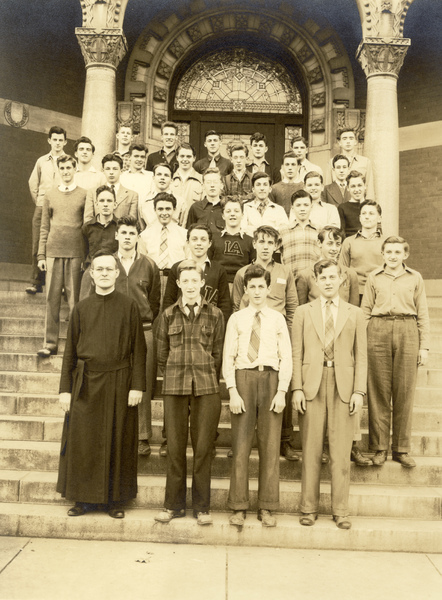Responding to Polio
In the 1930s and 1940s, Americans feared yearly outbreaks of infantile paralysis, more commonly known as Polio. This disease causes fever, sore throat, stiffness, and, in rare cases, paralysis and death in a matter of hours. The invention of the Polio vaccine has almost completely irradicated the disease worldwide.
In 1937, the Archdiocese of Chicago and Loyola Academy decided to delay the opening of the new school year due to fear of a Polio outbreak. This action was largely in response to the Chicago Health Department closing the local public schools due to the epidemic. 1937 was one of the worst years for Polio cases in Chicago during the 1930s and 1940s.
In 1941, Loyola Academy again wrestled with whether or not they should close the school temporarliy to prevent an outbreak from occurring amongst their students. Only two cases were reported at the Academy that year. The football team saw the biggest impact, with practice and games postponed for several weeks.
